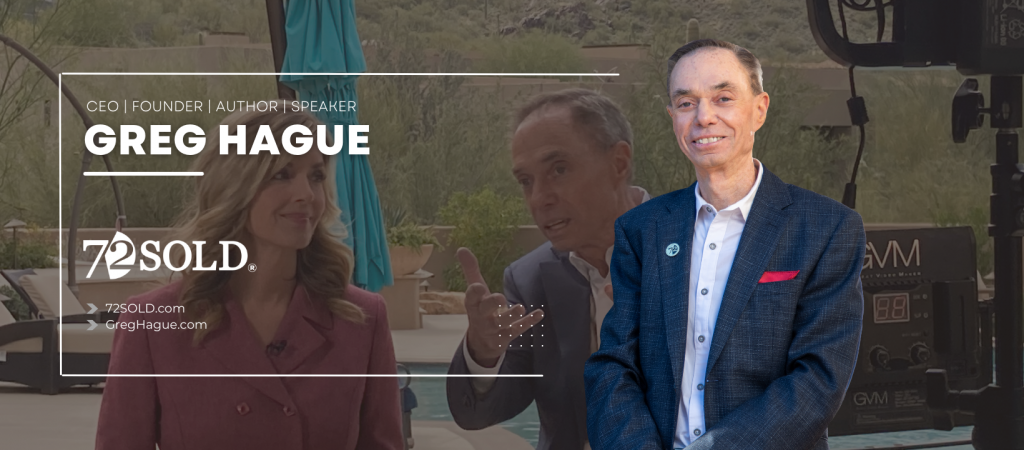It’s ironic…as I begin writing this article about language, I realize that the very subject I’m writing about is what gives me the ability to write it.
You can’t say that about any other subject in the world.
Pretty cool.
Adding to the mystique, the origin of language has endured wide speculation because there is no direct evidence of how it actually started.
Even cooler.
Linguistic scholars have debated the topic for centuries, and they only agree on one thing – language developed long before we could actually trace it.
How long?
Wikipedia says the best estimate on the genesis of language is 50,000 to 150,000 years ago when homo sapiens were all the rage.
The span of recorded history is a miniscule 5,000 years, a mere blip on that chronological timeline.
For this reason, many language experts refuse to address the inception of human language, regarding it as “unsuitable for serious study” due to the lack of empirical evidence (information gained through observation and documentation).
In fact, in 1866 the Linguistic Society of Paris actually banned debate on the subject!
It’s notoriously considered one of the hardest scientific problems to solve.
Four main theories have emerged:
Continuity theory says that language has been a gradual evolution beginning with our primate ancestors.
Discontinuity theory proposes that human language is so uniquely complex that it must have appeared rather suddenly at some point in history.
Innate theory advocates the idea that language is mostly genetically encoded.
Cultural theory states that language is predominantly learned through social interaction.
Which one(s) do you believe?
I think it’s a continuity/cultural thing.
But regardless of how it began, language is of the greatest fascination.
For instance, did you know that Scottish people have 421 words for “snow”?
No joke.
You can look them all up in the Historical Thesaurus of Scots online.
Just a few are feefle, flindrikin, spitters, and unbrak, all of which have slightly different meanings.
It makes the Hawaiians’ 200 words for rain pale in comparison.
If you had to guess, how many languages do you think exist worldwide?
Hundreds?
Nope. There are over 7,000!
Papua New Guinea alone has 840.
Ever hear someone say that Latin is a “dead language”?
Experts estimate that over half the languages in the world today will be dead or extinct by 2100.
Endangered languages are described as “moribund,” ironically from the Latin “mori” which means “to die.”
But don’t confuse a dead language (no native speakers but still in use) with an extinct language (no native speakers and not in use).
At the current rate, a language becomes extinct every two weeks.
The 20 most common languages have more than 50 million speakers each, accounting for 50% of the global population.
So now you’re wondering…what’s the most common language in the world?
It’s definitely not English. What’s your guess?
If you said Mandarin Chinese, you got it. Spanish gets the silver. English takes the bronze.
The Pope speaks five languages, but he tweets in nine (Spanish is his largest account).
In Africa, Khoisan languages use four distinct click sounds, so it’s not always words we use to communicate.
The longest alphabet?
Cambodian takes that honor with 74 characters.
The Rotokas language (Papua New Guinea) is the shortest with 11.
And what about fake languages? Ever hear of “Klingon?” If you have, you are probably a Star Trek fan.
“Klingonese” is classified as a fictional language, but many Klingon speakers would argue that it’s very real, complete with its own alphabet.
Also, did you know there are more bilingual people in the world than monolingual? Are you one of them?
I’m not, unless you count Pig Latin.
Interestingly enough, Pig Latin is classified as an argot – a “secret language” used to prevent outsiders from understanding conversation.
It’s also referred to as a cant, jargon, or cryptolect.
That was the hint.
Now…can you translate the title of this article?
– Greg Hague
72Sold.com (a better way for home sellers)
72Agent.com (a better way for Realtors)












